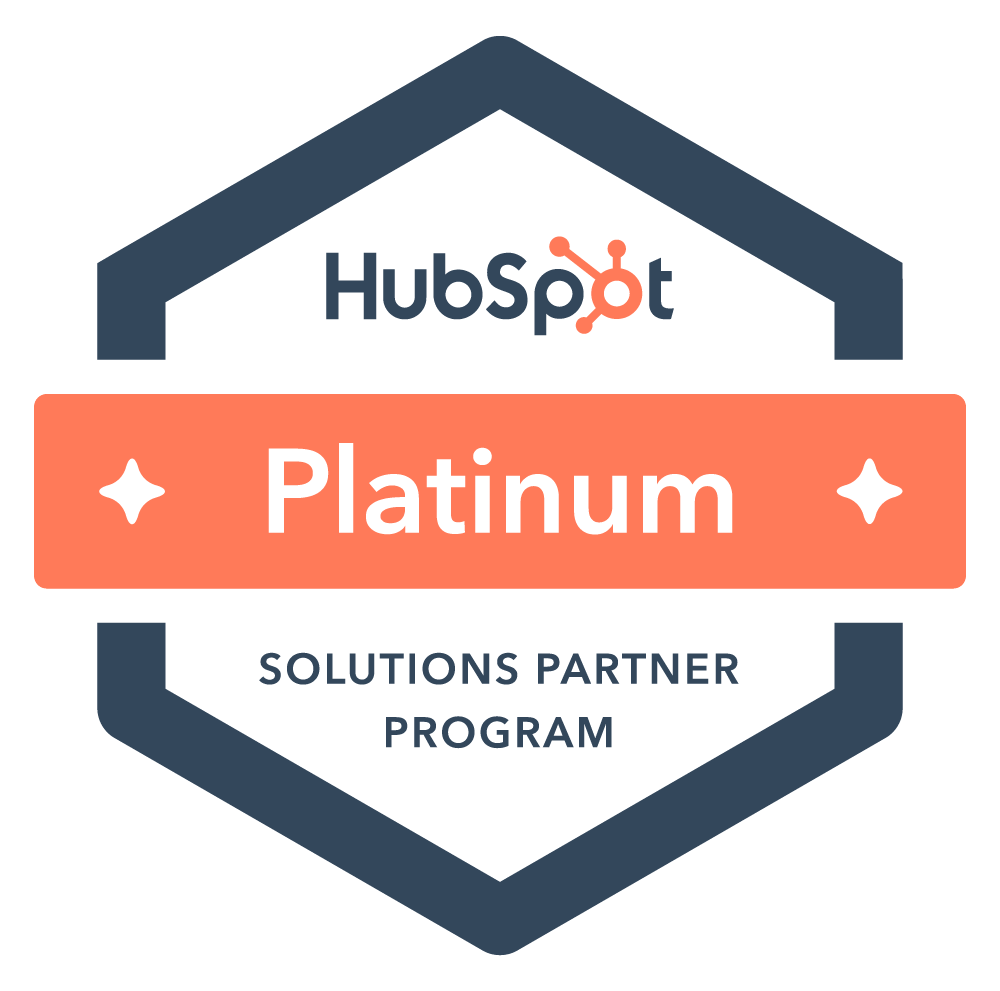Inbound marketing is a powerful strategy that has been gaining popularity in recent years. It's a customer-centric approach that focuses on attracting, engaging, and delighting customers through valuable content and experiences. In this blog post, we'll explore what inbound marketing is, why it's important, and how you can implement it in your business.
What is Inbound Marketing?
Inbound marketing is a methodology that aims to attract customers by providing them with valuable content and experiences. It's a customer-centric approach that focuses on building relationships with customers by providing them with the information they need to make informed decisions. Inbound marketing is all about creating content that is relevant, helpful, and engaging to your target audience.
Why is Inbound Marketing Important?
Inbound marketing is important because it helps businesses build trust and credibility with their target audience. By providing valuable content and experiences, businesses can establish themselves as thought leaders in their industry and build a loyal following of customers. Inbound marketing is also more cost-effective than traditional marketing methods, such as advertising, because it focuses on organic traffic and building relationships with customers over time.
How to Implement Inbound Marketing in Your Business
Implementing inbound marketing in your business requires a strategic approach. Here are some steps you can take to get started:
1. Define your target audience: Before you can create content that resonates with your target audience, you need to know who they are. Define your target audience by creating buyer personas that represent your ideal customers.
2. Create valuable content: Once you know who your target audience is, create content that is relevant, helpful, and engaging to them. This can include blog posts, videos, social media posts, and more.
3. Optimize your website for search engines: To attract organic traffic to your website, you need to optimize it for search engines. This includes using keywords in your content, optimizing your meta descriptions and title tags, and building backlinks to your site.
4. Use social media to promote your content: Social media is a powerful tool for promoting your content and engaging with your target audience. Use social media platforms like Facebook, Twitter, and LinkedIn to share your content and interact with your followers.
5. Measure your results: To know if your inbound marketing strategy is working, you need to measure your results. Use tools like Google Analytics to track your website traffic, conversion rates, and other key metrics.
Random Fact: Inbound marketing was first coined by HubSpot co-founder Brian Halligan in 2005.
In conclusion, inbound marketing is a powerful strategy that can help businesses build trust and credibility with their target audience. By creating valuable content and experiences, businesses can attract, engage, and delight customers over time. If you're looking to implement inbound marketing in your business, start by defining your target audience, creating valuable content, optimizing your website for search engines, using social media to promote your content, and measuring your results.
Launchpad Blog


